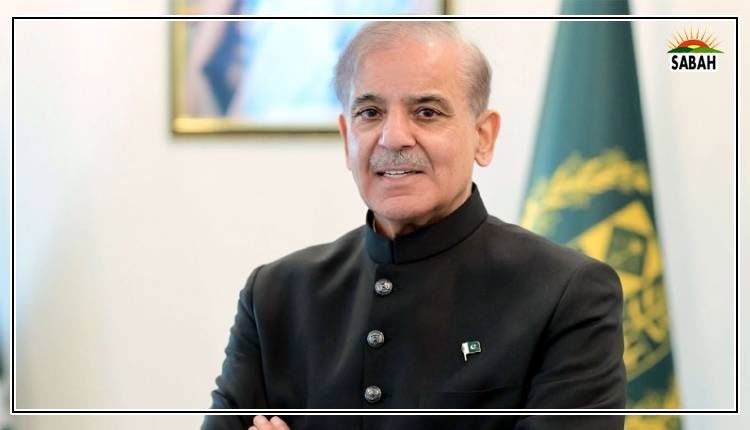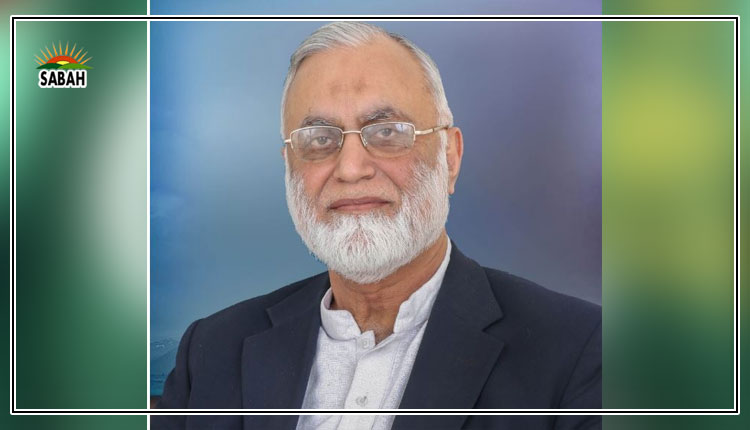Enhancing skills…..Neda Mulji
THERES talk about bringing change to school culture. With online courses available for professional development, there are programmes mushrooming at many schools which provide new opportunities for teachers.
However, while professional development of teachers is critical to the educational needs of students, it is necessary to tread cautiously and plan skillfully. Contextualising training to suit the needs of teachers is essential to the success of professional development initiatives.
For school management, this implies assessing the gaps in teaching practices, and targeting training. New teachers who step into school mostly get by on generalised learning off the internet. After all, we cannot give a helicopter in the hands of a novice pilot who has watched a few detailed videos of take-off and landing.
Teachers need continuous professional development to be able to manage the development of their own and their students skillsets. With teaching and learning evolving at an alarming pace, students need teachers who can keep up, guide and steer their way to learning and exploring. Much of learning now has to do with independent discovery, but discovery cannot spring from a vacuum.
Teachers must be able to spur the students curiosity.
Twentieth-century teachers who once believed that students can ace their academics if only they learned to listen carefully are no longer relevant. Artificial Intelligence has now stepped in to replace the note-taking skill, the organisation and structure skill and the summarising skill. Interestingly, students still need to know what they are looking for and must be able to ask relevant questions to glean the maximum benefit from apps that provide learning support. When students use blended-learning platforms, teachers must be able to spur the students curiosity to explore and learn on their own.
The kind of professional development that teachers require to build on their students natural curiosity is vastly different from what they have been used to for decades. For this reason, there are many models of professional development that have been developed to serve different contexts.
Short online sessions can teach effective classroom techniques for a particular subject. In-person extended training courses may develop a novice teachers ability to plan lessons, manage classes and implement curriculum demands. Workshops that allow reflective practice help the 21st-century teacher keep up with best practices.
In our society, where teaching and learning has evolved at a relatively slower pace compared to global dynamics, teachers need to prioritise digital literacy. Digital tools are the quickest and most effective way of keeping abreast of developments worldwide, provide access to pedagogical research and best practices, and enable teachers to collaborate with each other.
The real value of online professional development comes from built-in technology that allows resources and recordings to be preserved, shared with the wider school community, and revisited anywhere, anytime. It allows teachers to have access to expert knowledge from their own and other countries and provides a ring-side seat to different ways of responding to curriculum demands.
Teachers now have access to many different approaches to professional development in the form of conferences and programmes across borders. Previously, the practice was to enrol for a graduate teaching certification. In the absence of such opportunities in Pakistan at the time, only a handful of teachers travelled elsewhere for a degree in education. Mostly, teachers stuck to learning from observing each other or falling back on techniques they had experienced as students.
Besides self-motivated research, online and in-person workshops and school-wide professional development days draw attention to skill gaps. Continuous professional development days also provide the school management with a window to obvious needs that may have been overlooked, put structured time-bound plans in place, and provide a mechanism for bringing new hires up to speed. The real success of all professional development efforts comes from implementation when teachers demonstrate their ability to put new knowledge and skills into practice.
When the benefits start percolating down, the ethos of the school begins to change. There is a new-found tendency to regard innovation with respect rather than intimidation. While training cannot ensure that every teacher becomes great, it serves the critical function of fostering a school-wide culture of learning.
Teachers who get such opportunities feel valued by their school, and this improves motivation. Training together increases collaboration between colleagues. Just like Lego, the pieces come together albeit after a great deal of labour.
The writer is working as senior manager, professional development, at Oxford University Press Pakistan.
neda.mulji@gmail.com
Twitter: @nedamulji
Courtesy Dawn, April 15th, 2023












